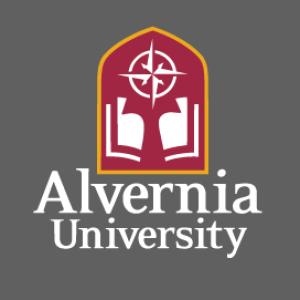Associate of Science in Healthcare Science
Healthcare sciences focus on the development of knowledge and programs that promote health and well-being. ÃÄÄïÖ±²¥'s Associate of Science in Healthcare Science degree teaches students how to advocate for individuals and communities that are underserved or under-informed on issues related to health and wellness, health-system policies and health management. Graduates will be prepared to enter a broad array of health-related fields.
The program is an excellent opportunity for students at all levels, including transfers with associate degrees as occupational therapy assistants, physical therapy assistants, medical imaging professionals, dental hygienists or respiratory therapists. You will not only benefit from experienced faculty members who have extensive experience in the business world, but you’ll also get the opportunity to participate in learning opportunities in real business and/or healthcare settings through internships and cooperative experiences.










